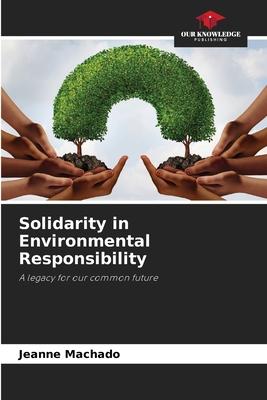This study addresses the issue of social solidarity in environmental liability, with the primary aim of seeking the effectiveness of this constitutional principle when applying it to issues involving environmental damage. The very definition of the environment as a good protected by the Law lacks precision and consensus among scholars on the subject. As a consequence, environmental damage and the causal relationship between the agent and the damage, essential elements of civil liability, suffer from the same nature of these questions. It is necessary to analyse it in the light of the constitutional text, which distinguishes the environment as a legal asset from the asset over which property rights are exercised. Considering that the relationship between human activities, environmental impact and the risk of damage is increasingly evident, the vigilance and attitude of looking after this legal asset of humanity is a common duty for all of us. Thus, if our legacy can condemn or sustain future generations, social solidarity based on the principle of the dignity of human life applied to cases of environmental damage seems to be the most appropriate.
| FindBook |
有 1 項符合
Solidarity in Environmental Responsibility的圖書 |
 |
Solidarity in Environmental Responsibility 作者:Machado 出版社:Our Knowledge Publishing 出版日期:2024-02-27 語言:英文 規格:平裝 / 116頁 / 22.86 x 15.24 x 0.71 cm / 普通級/ 初版 |
| 圖書館借閱 |
| 國家圖書館 | 全國圖書書目資訊網 | 國立公共資訊圖書館 | 電子書服務平台 | MetaCat 跨館整合查詢 |
| 臺北市立圖書館 | 新北市立圖書館 | 基隆市公共圖書館 | 桃園市立圖書館 | 新竹縣公共圖書館 |
| 苗栗縣立圖書館 | 臺中市立圖書館 | 彰化縣公共圖書館 | 南投縣文化局 | 雲林縣公共圖書館 |
| 嘉義縣圖書館 | 臺南市立圖書館 | 高雄市立圖書館 | 屏東縣公共圖書館 | 宜蘭縣公共圖書館 |
| 花蓮縣文化局 | 臺東縣文化處 |
|
|
圖書介紹 - 資料來源:博客來 評分:
圖書名稱:Solidarity in Environmental Responsibility
|










